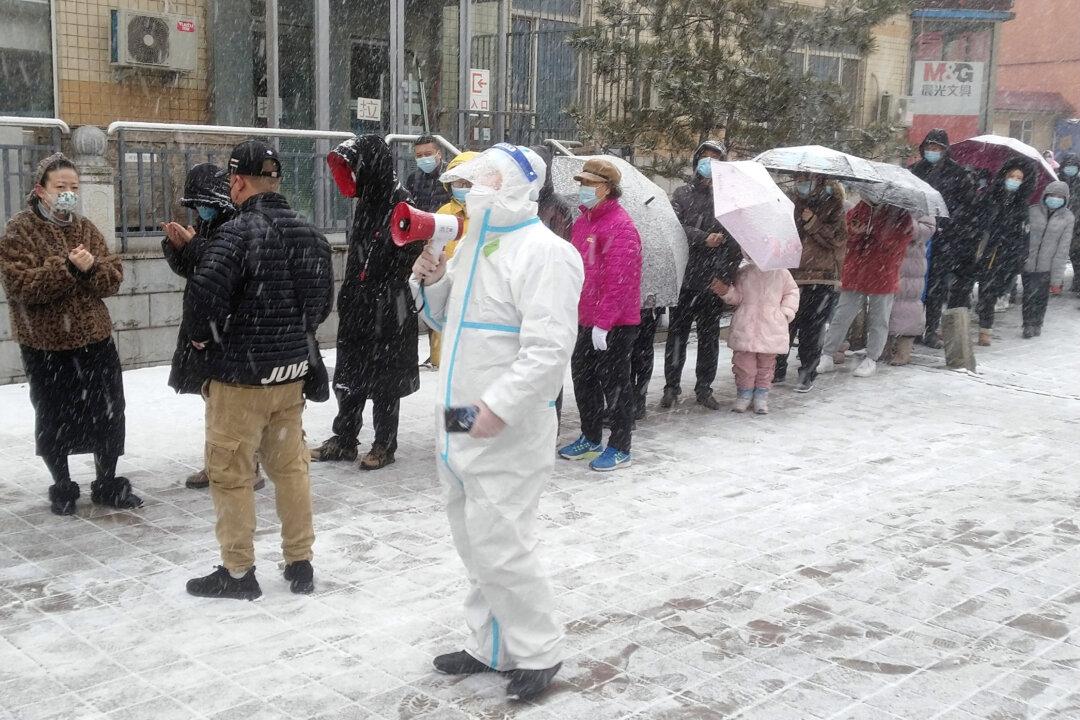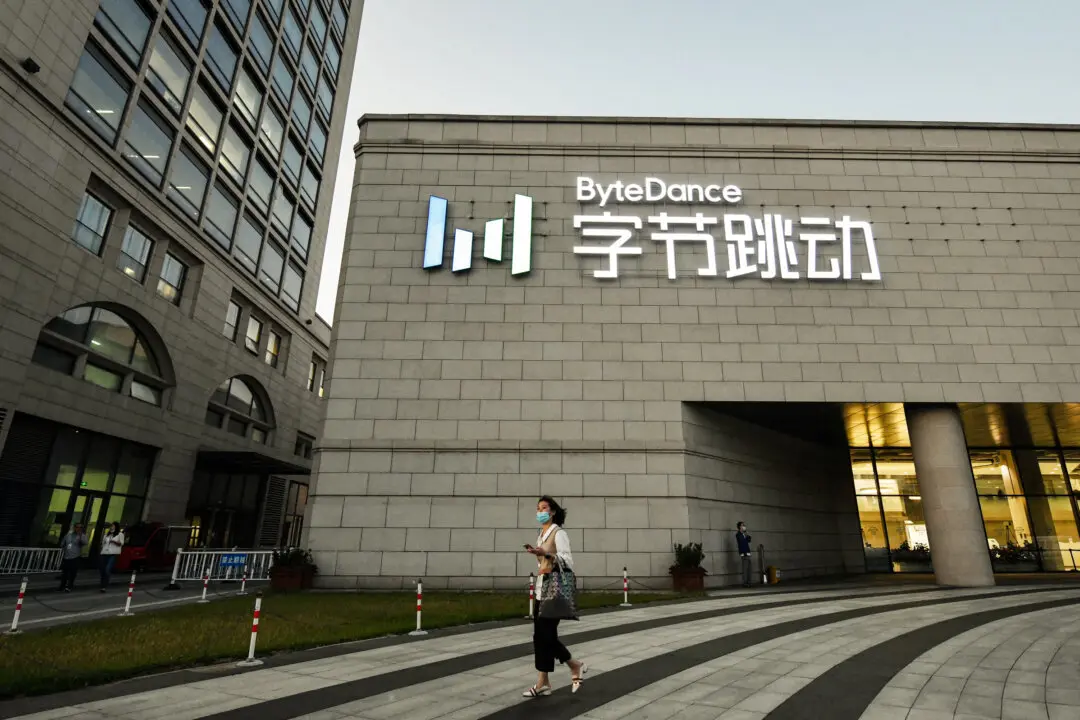The rate of COVID-19 infections continues to climb in China’s northeastern Jilin Province, with over 10,000 cases reported since the start of March. Locals revealed that there is an acute shortage of medical supplies and personnel. And laborers are needed to build more mobile cabin hospitals.
Around 24 million residents in Jilin have been under lockdown since March 14. The number of infected people in the province continues to increase, with 1,157 cases reported on March 16.




